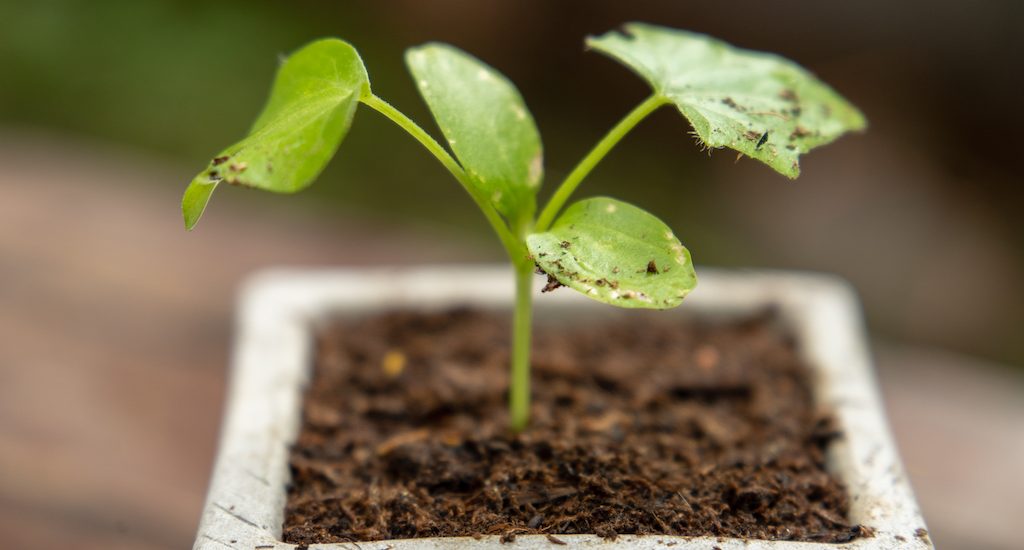
Free Virtual Learning Opportunity to Celebrate National Soil Health Day
June 22, 2020“I forgot how in love I was with nature; the small creatures, the birds, the earthworms, the toads and frogs and praying mantis the ladybugs, the wind the sun and the open spaces. A real relief from the COVID message. Life is vibrant if cultivated sacredly.”
How long has it been since you played in the dirt?
If you have ever grabbed a handful of soil, we’re sure you noticed the texture immediately. The dry dirt you find windswept across the prairies is completely different versus a handful of rich gardening soil.
Just two years ago, the date June 23 was declared to be National Soil Health Day in recognition of the importance of soil as an essential resource. With the Missouri Organic Association’s focus on promoting organic agriculture and products, we know how important it is to maintain healthy soil for a bountiful harvest in the most natural way possible. Promoting healthy growth without harmful chemicals or additives.
In honor of National Soil Health Day and to better understand soil health, we sat down with our former board president, current MOA programming committee member, and local Missouri farmer, Dan Kuebler, to talk about soil health.
“Soil is alive. It’s full of energy if it’s allowed to return to its normal state or if we kinda work with it to help it stay that way instead of doing things to destroy it.”
As Dan explained, to understand soil health you have to understand the complete picture including the delicate balance that exists between the soil and everything else within the ground. You have to start quite literally from the ground up before you can even begin to properly take care of your soil.
“Soil needs organic matter, we live in an organic world.”
Organic matter is full of micronutrients and microbial life such as fungi and bacteria which are all healthy for your soil.
“Out in the forest, it’s just a whole universe underneath those leaves of all these different creatures, big, small, and in between.”
He highlighted the importance of fungi being at the center of exploring soil acting as the great connector. It spreads for miles touching bacteria, nutrients, and roots of plants and trees creating a synergistic exchange. This all works together to create a healthy balance that you may not even realize is happening.
In a way, everything that you do in and around your soil affects its health. It’s important to be cognizant of the symbiotic relationships that exist below the surface. Once you understand this, you can better understand the plants that you put in and the nutrients that you can pull and how it can all work together.
In the end, you wind up with healthier and more nutritious plants, more species of bees and fellow pollinators, and “you get more of everything working together.”
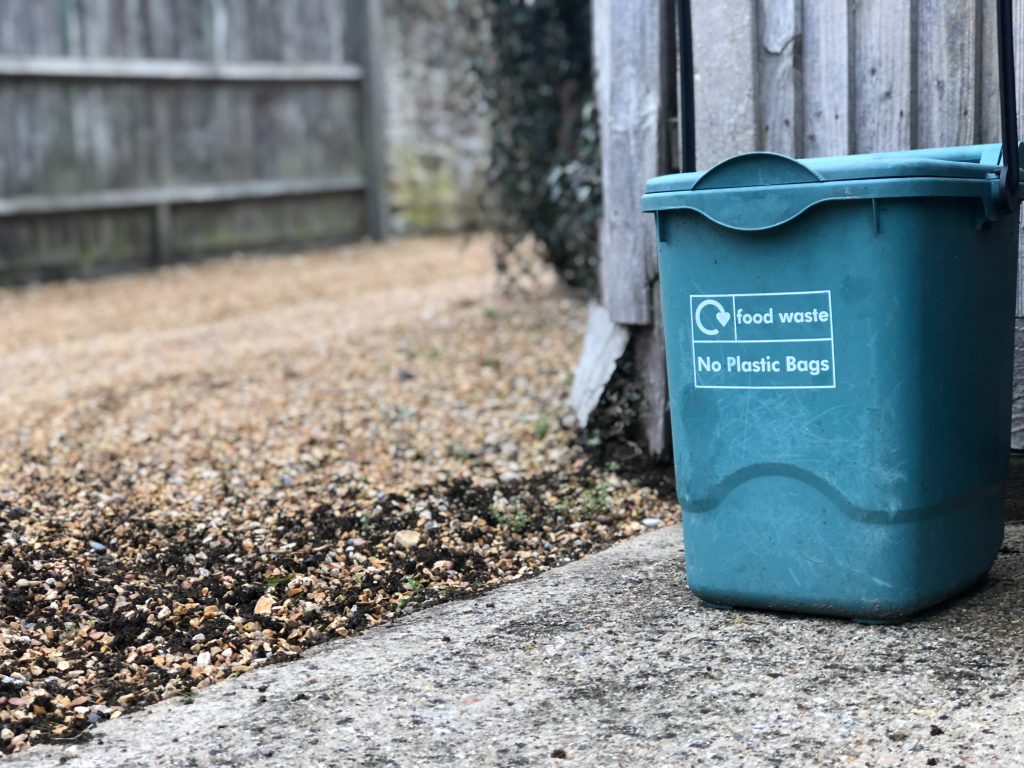
For those looking to start promoting soil health within their own backyard, Dan recommended starting composting.
“For a lot of home gardeners, everyone has garbage.”
As he explained, get a compost bucket in your kitchen and start a small compost area n your backyard. Start a small garden and “as the compost breaks down you add it to your garden, to your flowerbeds.
Composting is important because it’s that broken down organic matter that feeds your soil with the health micronutrients and microbial life.
Here are just a few basic steps to starting composting.
He also recommended for promoting soil health to mulch more and disturb the soil less “because when you disturb the soil, you disturb the pathways of the fungi and they have to start over again.”
His last recommendation was to save rainwater and use that to water your houseplants and garden with that since city water has chlorine and other things related to that in it which as Dan stated, “I don’t think the microbes really like that much, and neither do the plants.”
This also in turn protects your soil from erosion due to the rainwater runoff.
So in summary, the less disturbed you can keep your soil, the healthier it will continue to be as it does naturally. Though, a little promotion through natural healthy nutrients such as compost and rainwater also does a lot to assist the process.
Composting is possible everywhere – even in small spaces! For more about composting in an apartment or small living space, check out this great guide from Eco Watch: How to Compost in Your Apartment
We are so thankful to Dan for sharing his time and appreciation for soil health with us as MOA works to share the importance and benefits of organic and sustainable agriculture.
About MOA
Missouri Organic Association (MOA) is a non-profit membership organization founded in 1993 by the organic farming community of Missouri. From its beginning, MOA has dedicated itself to holding an annual organic conference for its members and the farmers/producers of all organic agriculture-related production.
While MOA is not an organic certification agency, we are happy to provide resources for those interested in becoming certified organic. You can always contact us or find some of these resources here!
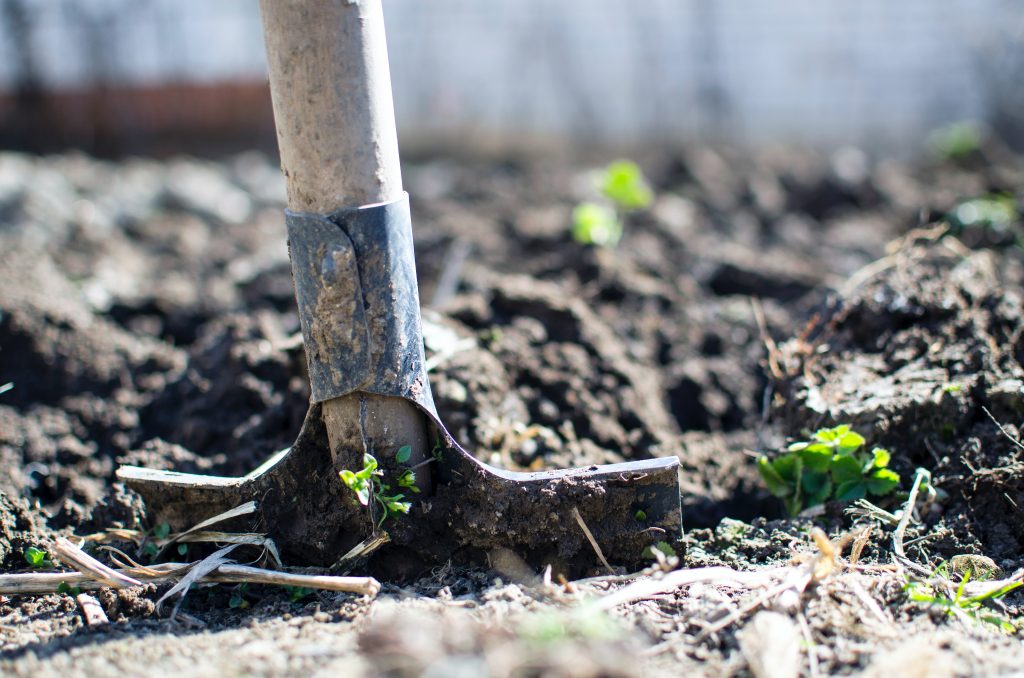


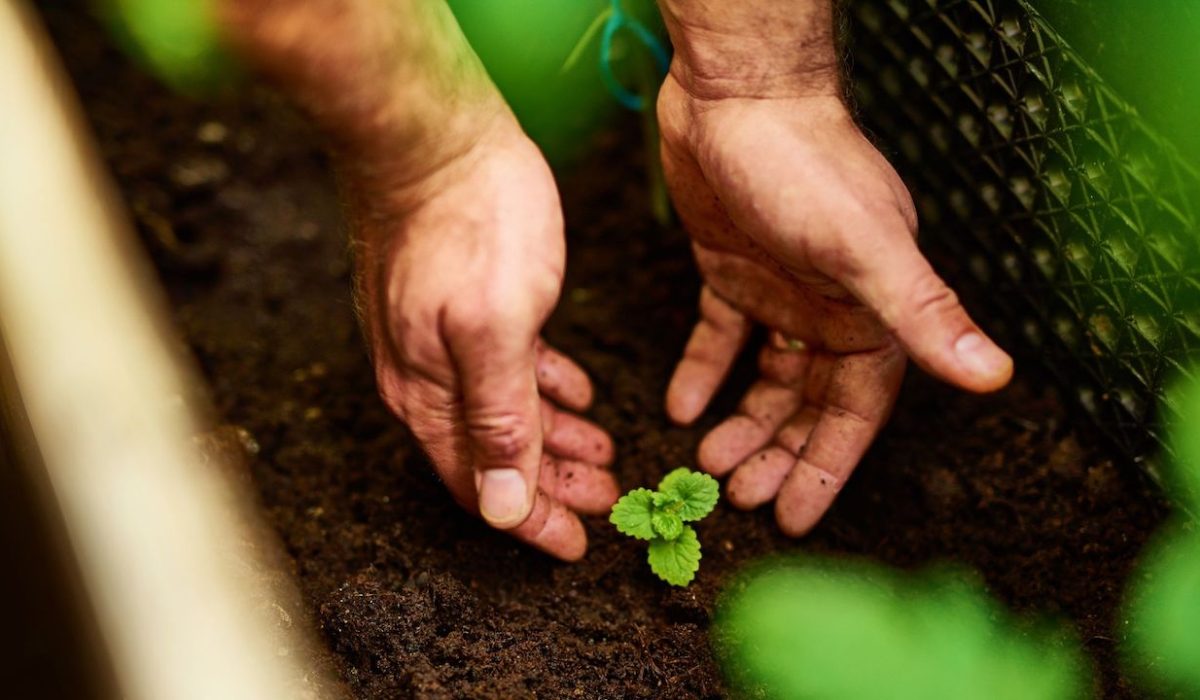
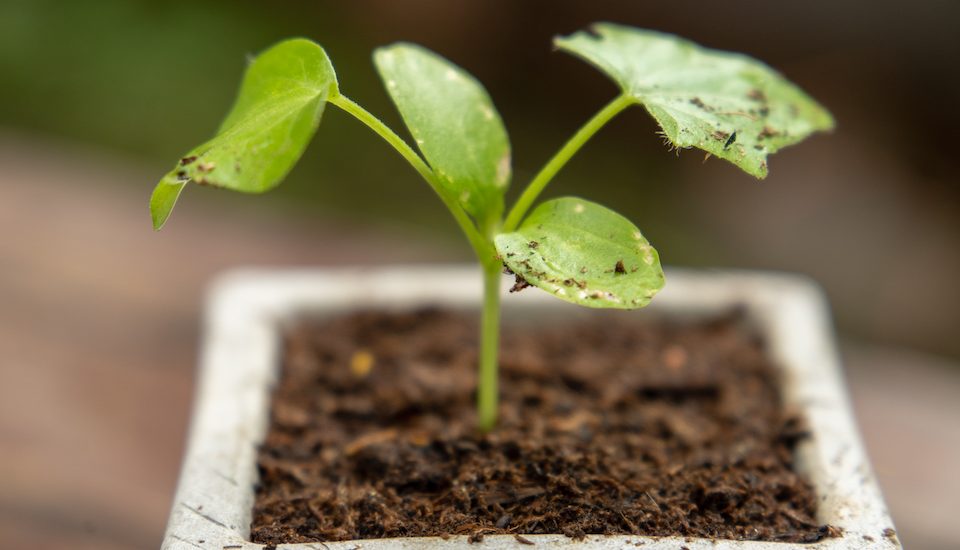
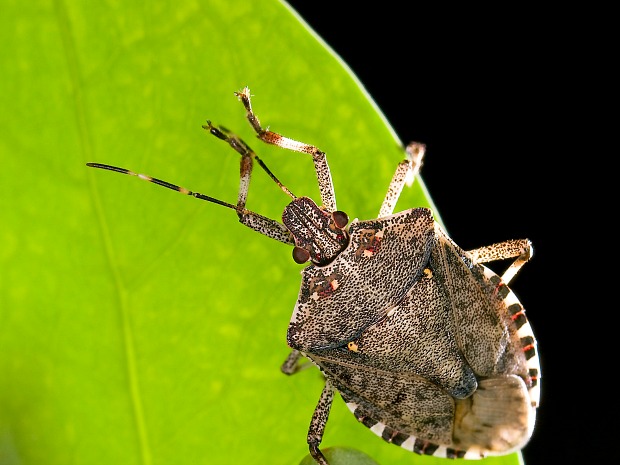
1 Comment
Good stuff Dan I sent this to several of my friends to read during their quiet time when they have time to think
about your verbiage.
In this crazy time you do point out how nature works to keep things in balance.
Thanks for sharing❗️